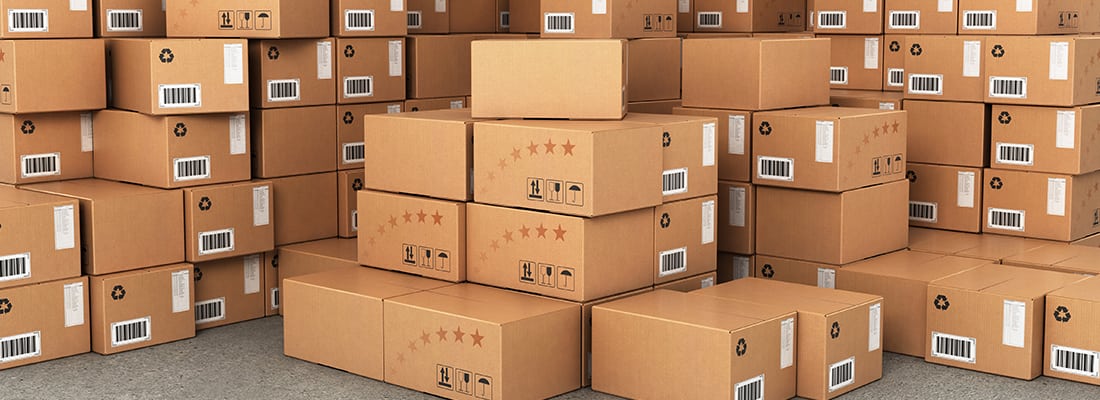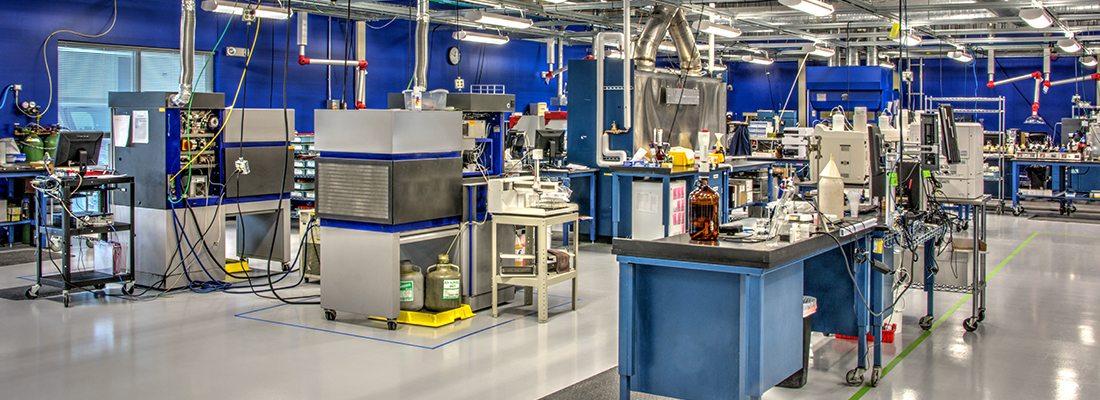
Sample submission makes sampling quicker, easier, more accurate
INDIANAPOLIS – The latest feature offered on the new app for HORIZON – online sample submission – will improve how users collect and submit oil, coolant and diesel fuel samples. Now sample data can be entered into the app and linked to the barcode on the sample jar, eliminating the need for sample paperwork to be filled out and shipped.
“Giving customers the ability to submit samples from a phone or tablet means they can stand next to the equipment while they enter the numbers,” POLARIS Laboratories® Chief Executive Officer Bryan Debshaw said. “Going digital greatly improves accuracy and speeds up the process, too. It’s a positive change for everyone.”
The process is simple. Customers use the app to select a component from their equipment list, enter required information and link the data to the barcode on the sample. Common paperwork mistakes can prevent a sample from being tested, so a data validation process immediately tells users if information is missing or incorrect.
The app uses the mobile device’s camera to automatically scan barcodes, eliminating the need to type in long strings of numbers and characters. In addition, customers can create QR codes of their equipment’s ID numbers and use the camera to find the component in the app.
Since August 2015, the initial version of the HORIZON app has been downloaded on more than 1,300 mobile devices. Users employ the app’s customizable alerts to notify them when testing is complete. A few taps can bring up a testing result summary and recommendations, and another tap will download the full report as a PDF. With the addition of the sample submission feature, users can perform oil analysis from start to finish without using a computer, email account or written paperwork.
The HORIZON app places the power of the web data management application in the palm of your hand. The app allows users to quickly submit sample data and read reports from mobile devices. Available now on iOS devices, the app will expand to Android platforms in the near future.







